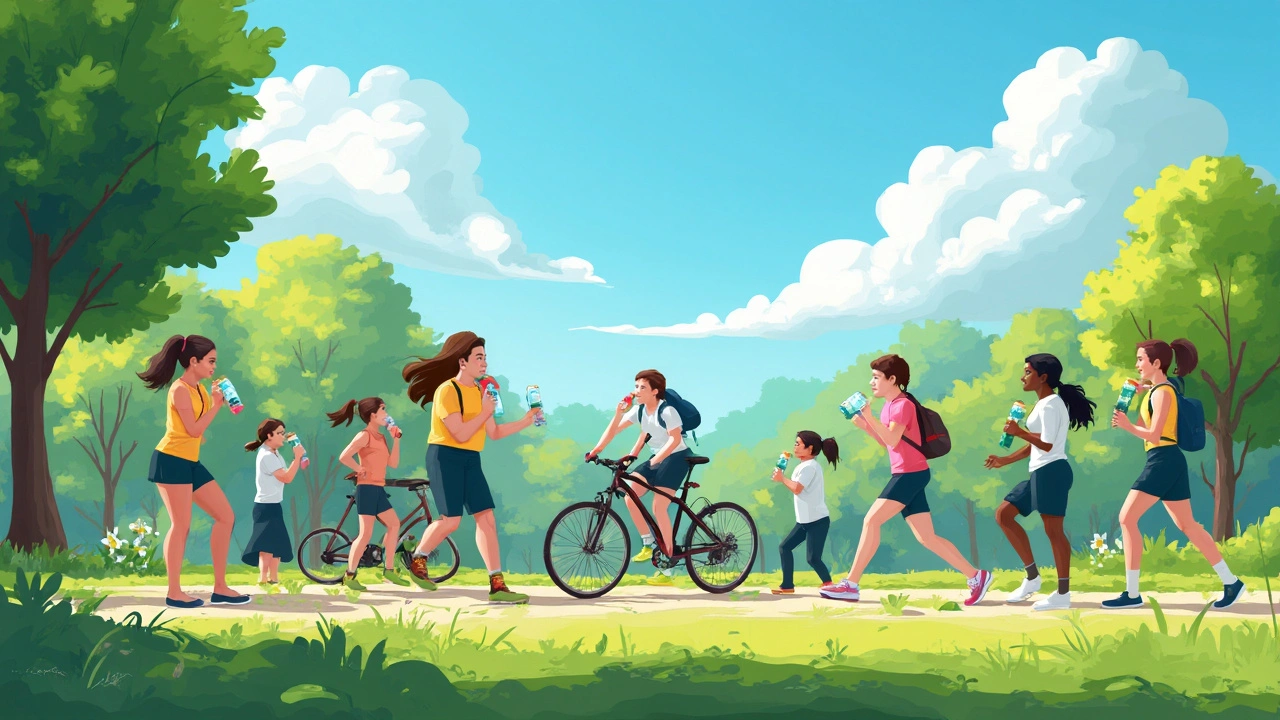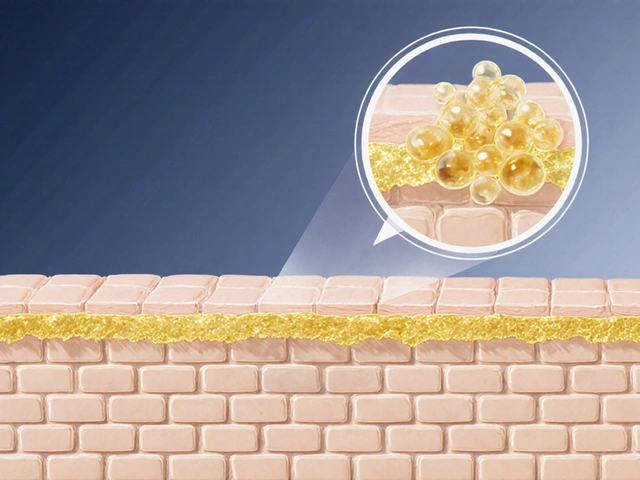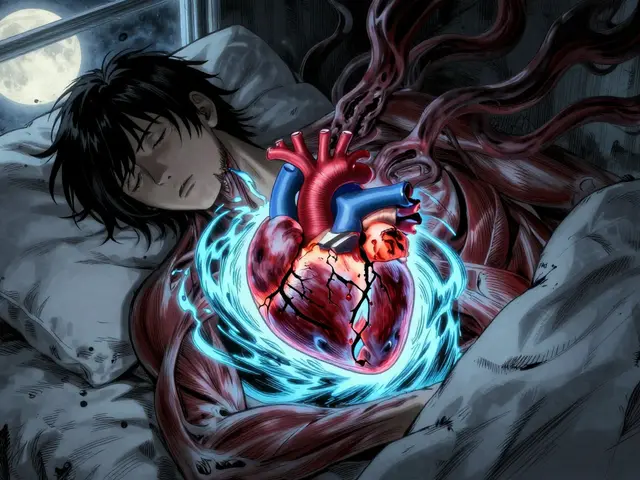Hydration: Why It Matters and How to Do It Right
Ever feel sluggish or get headaches on a hot day? Chances are, you might be dehydrated. Hydration isn’t just about drinking water; it’s about keeping your body balanced so everything works smoothly. Water helps regulate your body temperature, keeps joints lubricated, and even helps with digestion and nutrient transport. Skipping on proper hydration can lead to tiredness, dizziness, and longer-term health issues.
How much water do you actually need? It varies depending on your activity, age, and climate, but a general rule of thumb is about 8 cups (2 liters) a day. But don’t stress if you can’t hit that number exactly—your body also gets fluids from foods like fruits and soups. Listen to your thirst, but also watch out for signs like dark urine or dry skin as hints to drink more.
Easy Ways to Stay Hydrated Every Day
Making hydration a habit is simpler than you think. Start your day with a glass of water instead of coffee—it sets the tone and wakes you up gently. Carry a reusable water bottle wherever you go as a reminder to sip often. If plain water bores you, add slices of lemon, cucumber, or even a splash of juice for flavor without sugar overload.
Keep an eye on your activity too. If you’re working out or spending time in the heat, you’ll need to drink more to replace what you lose through sweat. Sports drinks can help during heavy exercise but for everyday hydration, water does the job better without extra calories or additives.
Recognizing and Preventing Dehydration
Dehydration can sneak up quickly. Common signs include headaches, dry mouth, sharp thirst, and lightheadedness. If you experience these, don’t wait—drink water or hydration drinks right away. Severe dehydration may cause confusion or rapid heartbeat and requires medical help. Older adults and children especially need extra care since their thirst response isn’t always reliable.
In the end, staying hydrated is one of the easiest ways to boost your energy, focus, and overall health. So, make water your daily companion, and you’ll feel the difference in no time.

Hydration: A Key Player in Easing Muscle Stiffness
- Date: 12 Mar 2025
- Categories:
- Author: David Griffiths
Staying hydrated is crucial in managing and preventing muscle stiffness. This article explores why water matters for your muscles, how it helps reduce stiffness, and what you can do to ensure you're drinking enough. Tips on fluid intake and recognizing dehydration signs provide practical guidance. Get on track to a more flexible, mobile lifestyle with the power of hydration.



